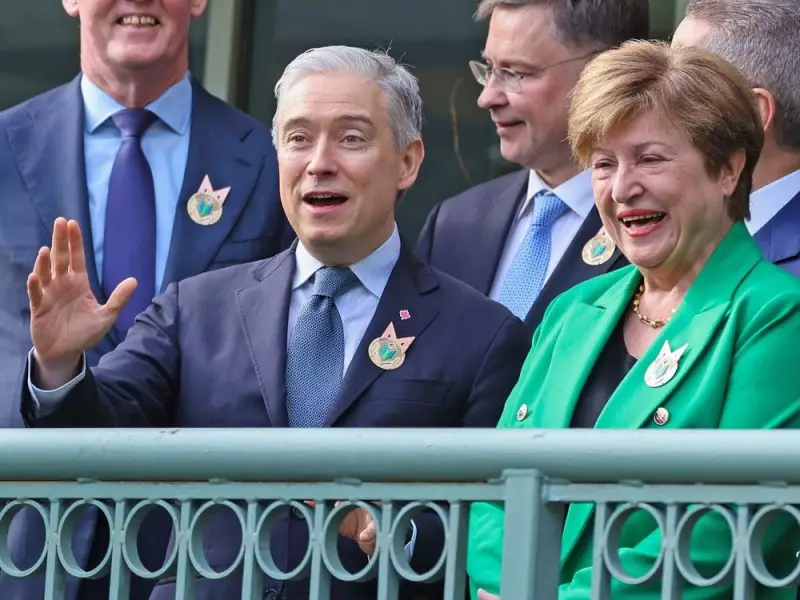
The Canadian government's big-spending approach finds unexpected support from an influential Bulgarian economist whose words are now prominently featured in official budget documents.
The IMF Connection
Kristalina Georgieva, the 72-year-old managing director of the International Monetary Fund, has become a frequent reference point for Finance Minister François-Philippe Champagne as he defends the government's fiscal direction. During recent public appearances, including a post-budget event at a Toronto innovation hub, Champagne repeatedly cited Georgieva's apparent endorsement of Canadian economic policy.
The finance minister revealed that during his recent visit to the IMF, Georgieva identified only two countries - Germany and Canada - as having sufficient fiscal room to increase spending on infrastructure and housing. This international validation has become crucial political cover for the government's spending plans.
Budget Foreword Features IMF Praise
Georgieva's influence extends beyond ministerial talking points. The Bulgarian economist, who graduated from the Karl Marx Institute of Economics, receives generous quotation in the two-page foreword section of the federal budget itself. Her words describe Canada as standing out in the G7 for its decisiveness and strategic focus on pro-growth investments.
Specifically, the budget quotes Georgieva praising Canada for having modernized the budget framework by separating operating spending from investment, while focusing strategically on investments that can boost productivity.
Expert Skepticism on Debt Comparisons
Not all experts share this optimistic assessment. Don Drummond, a former high-ranking Finance Department executive and TD Bank chief economist, suggests Champagne references Georgieva because she provides respected authority for spending plans the government already wanted to implement.
Drummond cautions that Canada's debt situation only appears strong when measured against what he calls the fiscal basket cases among other G7 nations. He warns against comparing ourselves to struggling economies, noting we should be careful about the company we keep in such assessments.
The numbers tell a concerning story. This year's budget projects a deficit of $78.3 billion - the third highest in Canadian history and the largest ever during a non-pandemic year. The government's forecast shows modest deficit reductions over the next four years, but still anticipates accumulating another $320 million in new debt before the decade ends.
Despite these figures, Champagne and government officials maintain they're cutting waste while strategically investing in growth-oriented areas like infrastructure and tax reductions. The debate continues over whether international validation justifies domestic spending levels that push Canadian debt to unprecedented peacetime heights.






